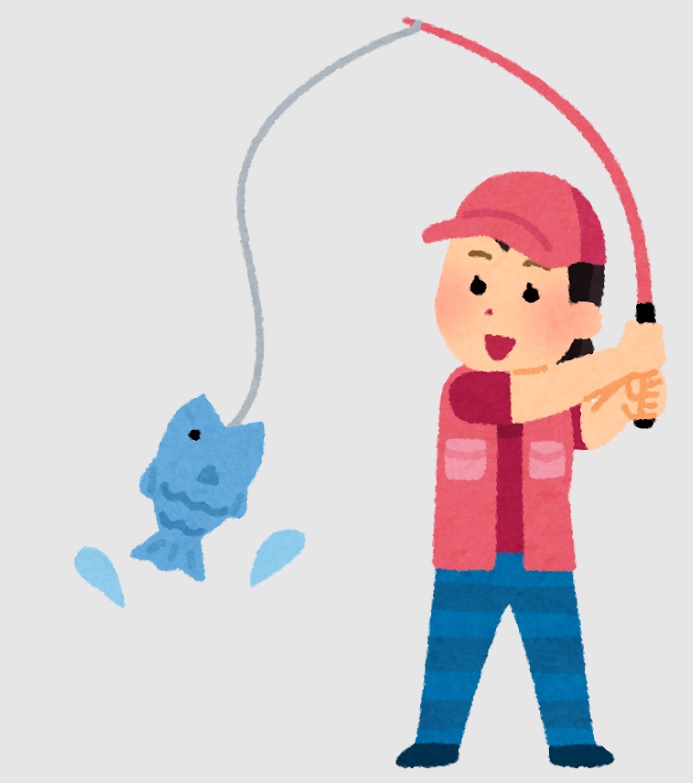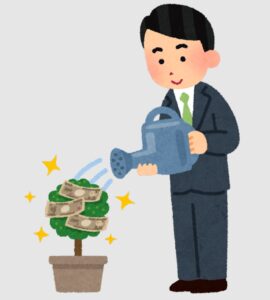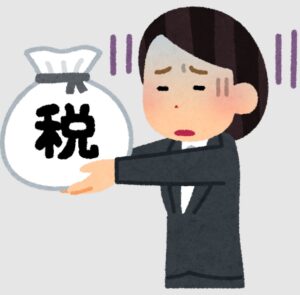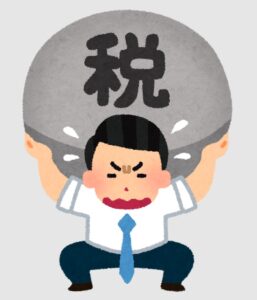管理人オススメコンテンツはこちら
「魚の取り方を学ぶ|保険×貯金×投資=破産の方程式」
今日は【貯める力】
解約or継続どちらが正解?
解約すると元本割れする保険を
どうするべきか?
というお話しをします。
●“貯蓄”の皮をかぶったオオカミにご注意を〜保険は貯金じゃない〜
知り合いが相談を受けたそうです。
「私は毎月1万円を
貯蓄型生命保険に
預け続けています。
返戻率との関係で
解約するつもりでしたが
最近迷いが生じています。
保険の状況は
支払い累計額が71万円で
解約すると
戻ってくるのは
45万円ほど。
損失額は約26万円です。
ちなみに満期は
あと10年です。
そこまで行けば
元本割れは無いようです。
今月に入り
いざ解約しようと思ったら
やはり元本割れが気になります。
元本割れを覚悟で解約して
そのお金を投資に回すべきなのか?
元本割れしない
10年後まで我慢すべきなのか?
考えがグルグルと
ループしてしまい
答えを出せずにいます。
どうしたらよろしいでしょうか?」
とのこと。
この件に関しては
ご相談を本当に沢山
いただくんですよ。
なので
今日はそれについて
お話ししたいと思います。
結論を言うと
この問題に答えを出せるのは
あなただけです。
自分自身だけ。
あなた自身が自分の頭で考えて
結論を出さないといけないですね。
なので
今回のお話しでは
私は答えは言わないし言えない。
これはあなた次第になるので。
-819x1024.jpg)
(出典:リベラルアーツ大学)
魚を与えるのではなくて
魚の釣り方を伝えるというのが
このお話しの役割なんですね。
やはり
自分で考えるという事が
非常に大切なんですよ。
魚自体をもらうんじゃなくて
自分で考えて行動する力
魚の取り方を学ぶというのが
大事なんですね。
魚をもらってしまうと
その場限りとか
他者への依存に
なっちゃう訳なんですね。
例えば
私が保険を辞めた方が
いいと言ったとして
私がいなくなってしまったら
考える事が
出来なくなってしまったりとか
自分の理想と違う結果になった時に
他責にしてしまったりとか
今後同じように
騙されたりした場合とかに
気付く事が出来ないんですね。
でも
自分でちゃんと考え方を学べば
応用力が付く。
本質的なところに気づけば
・手を変え
・品を変え
来られても
変な事をしなくて済むし
自分で判断が出来る訳ですよね。
選択出来るし
情報を見極める力が
ついていくんですよ。
どうやって考えたらいいのかを
伝えていきます。
多くの人が
同じ状況に陥ってるんですよ。
本当に
貯蓄型の保険に入ったはずなのに
なぜ元本割れに
頭を悩ませる事になるのか?
・普通預金
・定期預金
を解約する時に元本割れに
頭を悩ませる事になりますか?
この
貯蓄型生命保険という
ネーミングが消費者に
・誤解
・混乱
を与えているという事で
本当に由々しき商品である
という事です。
難しく考える事は
やめましょう。
・貯金は貯金
・貯蓄は貯蓄
・投資は投資
混ぜるな危険!です。
この考え方を大前提として
今回のお話しでは
「自分で考えて下さいって
言われたって
どうやって考えたらいいか
わからないよ!」
という話だと思うので
考え方の部分は伝えていきます。
今回のお話しではどうやって
保険の見直しをしてけばいいのかを
ステップで紹介していきます。
〜〜〜つづく〜〜〜
Special Thanks college president Ryo.
●おまけ
≪≪perplexityちゃんによる文章まとめ≫≫
貯蓄型生命保険の「解約か継続か」で悩む人は多いですが、最終的な答えは自分自身で出す必要があります。
保険は貯金とは異なり、途中解約で元本割れするリスクがあります。
「貯蓄型」という名前が誤解や混乱を招きやすいですが、貯金・投資・保険は本来別物です。
他人の意見に頼るのではなく、自分で情報を整理し、目的やリスクを理解した上で判断する力が大切です。
自分で考える力を身につければ、今後も同じような場面で応用が利きます。
最も重要なのは、自分の頭で考え、納得できる選択をすることです。
[1] https://www.f-l-p.co.jp/knowledge/5081
[2] https://moneiro.jp/media/article/savings-insurance
[3] https://www.kokusen.go.jp/news/data/n-20200220_2.html
[4] https://www.meijiyasuda.co.jp/find2/light/knowledge/list/1.html
[5] https://www.hokennomadoguchi.com/columns/seimei/chochiku/recommend/
≪≪Chat-GPTくんによる英訳≫≫
Today’s Topic: “The Power to Save”
Should you cancel or continue?
What should you do with an insurance policy that will lose value if you cancel it?
—
【Beware of the wolf in sheep’s clothing—Insurance is not savings!】
A friend recently received a consultation on this issue:
> “I’ve been paying ¥10,000 every month into a savings-type life insurance policy.
> I was planning to cancel it due to the return rate, but I’ve started to feel unsure.
>
> So far, I’ve paid a total of ¥710,000.
> If I cancel now, I’ll only get back about ¥450,000.
> That’s a loss of about ¥260,000.
>
> The policy matures in 10 more years.
> If I hold on until then, I won’t lose any of my principal.
>
> But now that I’m seriously considering canceling, I can’t help but worry about the loss.
>
> Should I accept the loss, cancel, and invest the money elsewhere?
> Or should I endure for another 10 years to avoid any loss?
>
> My thoughts keep going in circles, and I just can’t decide.
>
> What should I do?”
—
We receive a lot of these kinds of questions.
So today, I’d like to talk about this topic.
—
The conclusion?
Only you can make the final decision.
Only you, no one else.
You need to use your own head and reach your own conclusion.
So, in today’s discussion, I won’t be giving you a direct answer—because I can’t.
It entirely depends on you.
(Source: Liberal Arts University / リベラルアーツ大学)
—
This talk is not about giving you a fish, but about teaching you how to fish.
The ability to think for yourself is incredibly important.
It’s not about receiving the fish (the answer),
but about gaining the ability to think and act on your own.
If you’re just handed the answer,
it only works for that one moment.
It fosters dependency.
For example, if I said,
“You should cancel the insurance,”
and then I disappear—
You might not be able to think through the next situation yourself.
Or if the outcome doesn’t match your expectations,
you might blame others.
Or you might fall for another similar trap later and not realize it.
But if you learn how to think,
you develop flexibility and the ability to adapt.
Once you see the core principles,
no matter how they change the packaging or presentation,
you won’t fall for it.
You’ll be able to choose for yourself.
You’ll build the ability to critically assess information.
—
So in this talk, I want to share how you should think about this.
A lot of people are in the same situation:
They thought they signed up for a savings product,
but now they’re agonizing over losing money when they cancel.
Would you feel the same way about canceling a regular savings account or a time deposit?
This “savings-type life insurance” naming is highly misleading.
It creates confusion and misunderstanding among consumers.
That makes it a truly problematic product.
—
Don’t overthink it:
Savings is savings.
Insurance is insurance.
Investment is investment.
Do not mix them. Danger!
—
That’s the fundamental mindset I want you to adopt here.
And I understand—
when people are told,
“Think for yourself,”
many respond with,
“But I don’t know how to think about it!”
So today, I’ll be explaining how to approach reviewing your insurance policies—
step by step.
Special Thanks OpenAI and Perplexity AI, Inc








